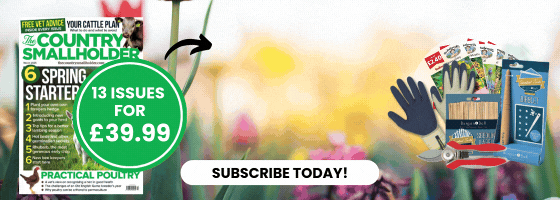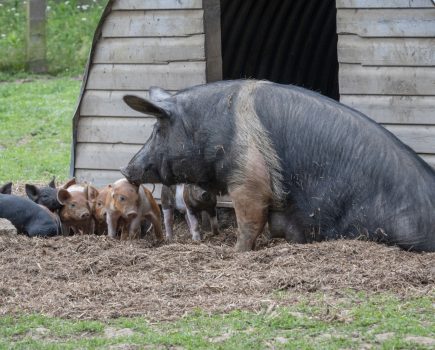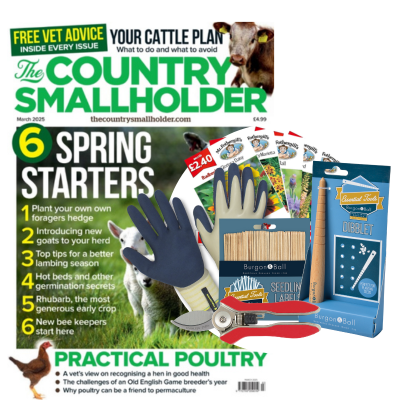The Wildlife Trusts and the Dogs Trust are urging dog owners to do their bit when visiting nature reserves by keeping their pets on leads during ground-nesting season.
Springtime brings with it the arrival of many migratory species, who travel thousands of miles to nest on nature reserves across the country and are vulnerable to disturbance between February and August. Keeping dogs close by will help ensure that ground-nesting birds such as skylarks, lapwings, and nightjars are not harmed during the breeding season. Unsupervised dogs can cause birds to abandon their nests, so it’s vital that they are kept under control. Interactions between people and nature at this time of year can have long-lasting effects and a significant impact on the breeding success and survival rates of the birds.
Many dog owners are passionate about nature and want to avoid harming it. However, even the most well-behaved dogs can unintentionally cause distress or damage wildlife, simply by following their natural curiosity. Birds perceive dogs as predators and when dogs roam freely, birds may abandon their nests, leaving eggs and chicks cold and unprotected.
‘Paws for thought’
David Oakes, actor, dog owner and ambassador for The Wildlife Trusts, says: “There’s nothing I enjoy mor ethan taking Indy out on a walk in the country and letting her explore like her ancestors. But whether visiting a reserve, or when out in nature more generally, I know how important her lead is. Whether there’s livestock, horse-riders, waterfowl, ground-nesting birds, seal pups or even a beaver dam – the lead is essential for every responsible nature-loving dog owner. Let’s all ‘paws for thought’ and try to do our bit in helping to protect nature whilst out with our beloved four-legged friends.
Dr Jenna Kiddie, Head of Canine Behaviour at DogsTrust, says: “Dogs enrich our lives, but they also bring a level of responsibility. When visiting rural areas, owners should keep their dogs under control and ensure they do not worry other animals or stray from the path, as well as dispose of their dog’s waste appropriately.
“We would advise keeping your dog on a short lead, and close to you, especially whenever livestock are nearby. It is important to remember that chasing is normal dog behaviour, and that any dog is capable of chasing, irrelevant of breed, type, age or size. We would encourage owners to explore training options such as the Dogs Trust’s Dog School.”
From designated walking paths to understanding the changing wildlife seasons,The Wildlife Trusts say there is plenty that people can do to ensure everyone has a safe and enjoyable experience at its reserves – on two legs or four.
See www.wildlifetrusts.org/dogs-and-nature for more information about responsible dog walking.
Picture caption: Dog on a lead (c) Meg Dobson
More news like this can be found in The Country Smallholder magazine. Subscribe here.
For FREE updates from the world of smallholding, sign up for The Country Smallholder newsletter here.








